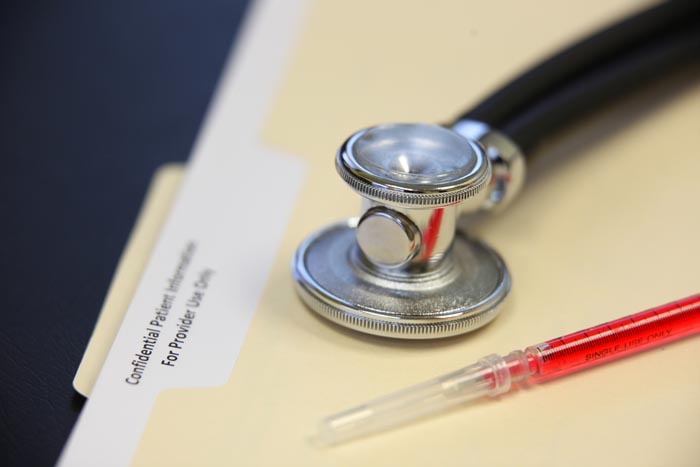To Protect Young People’s Health, Protect Their Confidentiality
Many young people continue to lack confidential access to health care and that significantly obstructs their use of critical sexual and reproductive health services, such as birth control.

On May 30, Anthony and Eva Jackson filed a lawsuit against the Peekskill school district in New York. They allege that a teacher, James Tosto, “conspired” against them by taking their then 16-year-old daughter to a local clinic where she was prescribed birth control pills without their knowledge or consent. To back their claim, the Jacksons are citing the rights of parents and state public health law, which requires parental consent before providing health care to minors. Ultimately, a court will decide whether Tosto broke the law. But this case reveals a far more troubling reality: Many young people continue to lack confidential access to health care and that significantly obstructs their use of critical sexual and reproductive health services, such as birth control.
We know young people consider their confidentiality a priority. In a recent survey, 71 percent of young women between the ages of 18 and 25 rated confidentiality as important when receiving health care; other studies tell the same story. Many teens and young adults do turn to parents for advice. But when young people are forced to involve their parents in sensitive health-care decisions, they are more likely to avoid seeking these types of services in order to avert the disclosure of their private medical information. Too often forgoing care has grave consequences. For example, delaying or failing to obtain contraceptive care can increase the risk for unintended pregnancy. Similarly, when youth delay or forgo sexually transmitted infection (STI) and HIV screening and treatment, they put themselves and their sexual partners at a greater risk for serious health issues. That’s why laws that fail to protect youth confidentiality go against sensible, well-established approaches to young people’s reproductive health.
This month marks the 50th anniversary of Griswold v. Connecticut—the Supreme Court decision that first recognized a constitutional right to privacy encompassing an adult’s decision to use contraceptives. It’s an occasion that invites us to reflect on the current state of confidential reproductive health services. Today, in many states minors can independently consent to a range of personal health-care services, including access to contraceptives, prenatal care, and STI care. Both the Title X family planning program and Medicaid guarantee confidential contraceptive services for everyone the programs serve. Additionally, a growing number of states are expanding the protection of young people’s privacy in the insurance communications and billing process to prevent inadvertent disclosures of private information to their parents. These laws are premised on the fact that young people have the right to live healthy lives—and access to confidential care is fundamental to keeping young people healthy. However, threats to basic reproductive health care persist, and many young people still lack protection under current policies.
In standing up for youth health and rights, we need to demand policies based in reality. We need to push lawmakers to expand and strengthen existing confidentiality protections for young people. And instead of legislating forced parental involvement, we need to give parents the tools to foster open and honest channels of communication with their children on sexual and reproductive health matters. The best approach gives parents a role in young people’s lives while empowering young people themselves to take responsibility for their own health.
